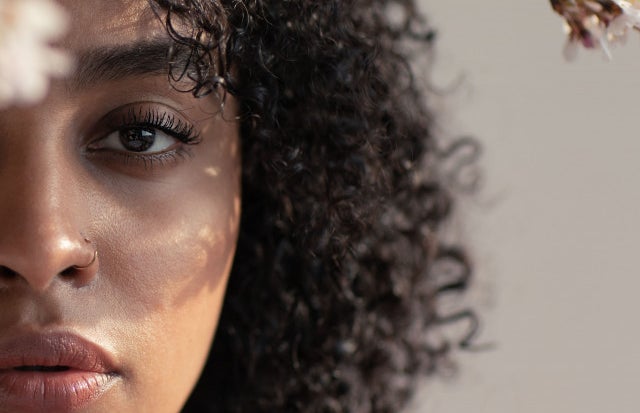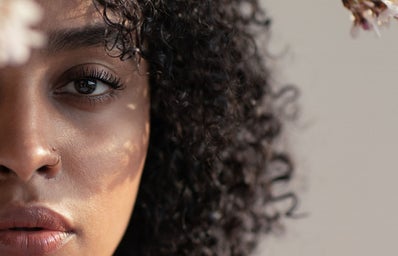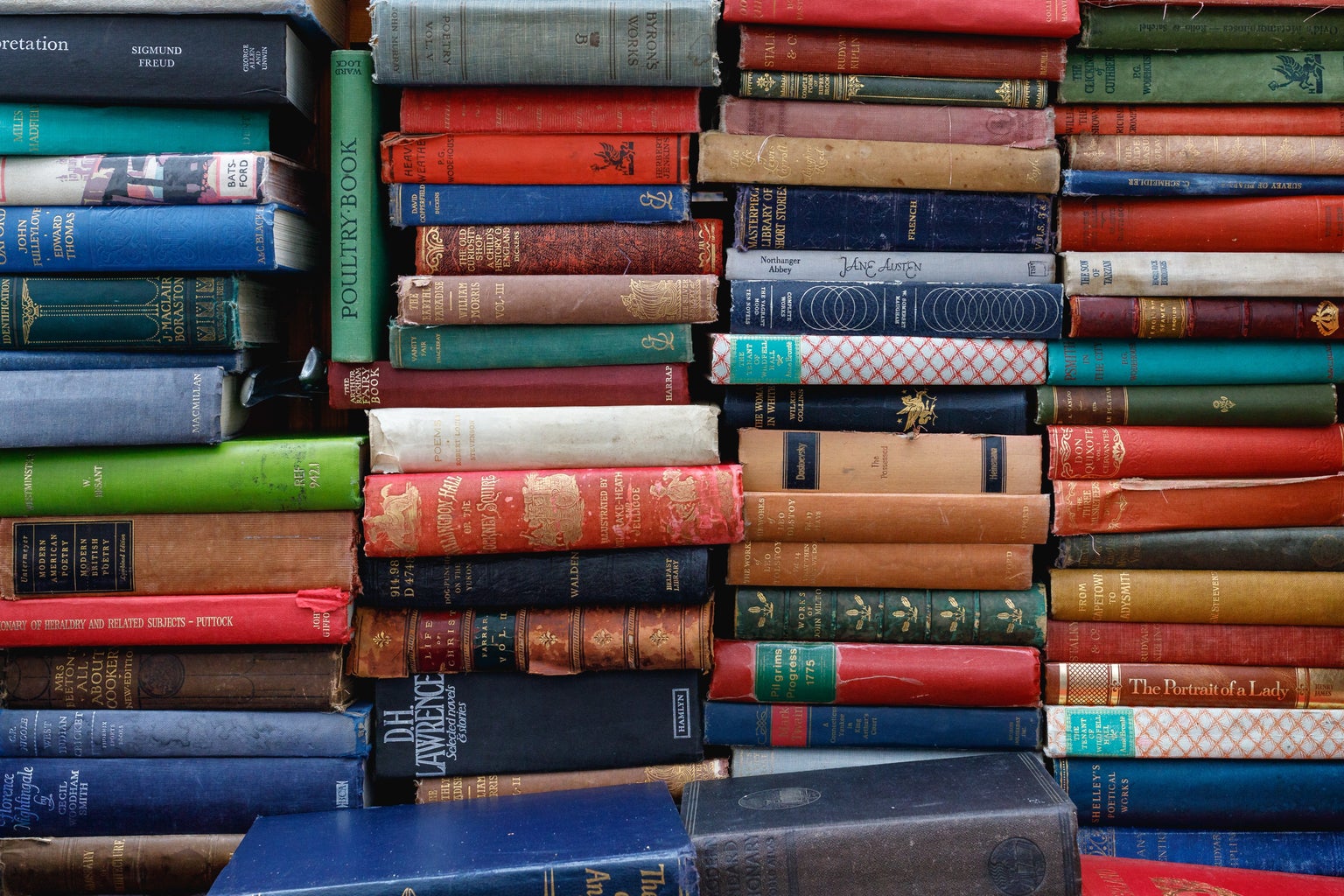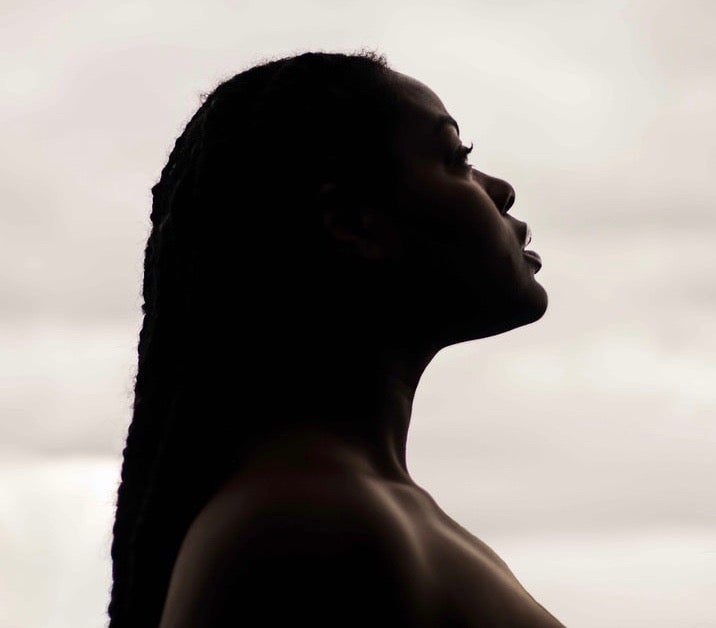In an ode to Black History Month, it is fitting to acknowledge the work of outstanding Black poets whose work has been instrumental in furthering conversations on race, identity, and the intersection of Blackness in an inequitable society. I’ve compiled a list that explores African American history and culture through powerful verbatim and grandiose prose.
Britta Barbour
First up, we have Britta Barbour, an award-winning poet, spoken word performer, and art educator who’s a brilliant example of a talented woman of colour who inspires and uplifts her community. Barbour, who goes by Britta B, is a multi-talented, acclaimed poet, spoken word performer, emcee, educator, and voice actor. Born in Kingston, Ontario, she now resides in the bustling city of Toronto, Canada, working as a professor of spoken word performance at Seneca College. She is passionate about social justice and has hosted workshops and seminars alongside organizations such as “JAYU, Poetry in Voice, Prologue Performing Arts, the League of Canadian Poets, and The Power Plant.” Barbour proved herself a force to be reckoned with after being recognized in 2021 as the Toronto Arts Foundation’s Emerging Artist recipient, an award well deserved following decades of practice since she’d first begun writing poetry at the ripe age of nine. Years later, she recalls discovering Deb Young’s poem, “Children of a Lesser God,” as a senior in high school through HBO’s Def Poetry Jam on YouTube. Britta testifies that poets like Young, Lillian Allen, and Dr. Afua Cooper have largely influenced her work (Michaels).
“Dear Young Woman,” a poem written and performed by Barbour in the CBC Arts mini-series, Poetic License, reads like a love letter addressed to women everywhere—one of encouragement and empowerment. Barbour addresses the multidimensional sphere of womanhood, shining a light on themes of self-forgiveness and personal growth. In Esteem Magazine, she stated, “I want this poem to be a reminder that whatever you’re going through as a woman, you have the choice to make for yourself based on how gentle and kind you are with yourself.” Britta ambitiously tackles real-world problems such as violence against women when she writes, “Don’t let the violence fool you into silence, / convincing you that you’re not worthy of space and time.” Finally, she offers words of healing in the following line: “I beg you to believe in yourself / more than your parents ever did.”
Audre Lorde
Another poet whose work was largely revolutionary in amplifying the voices of Black, queer women is the late Audre Lorde. Born to West Indian immigrant parents in New York City, Lorde described poetry as a language she began speaking at a young age to relay complex thoughts and feelings. When she was unable to find poems that could adequately speak to other emotions, she started to write her poetry. From her prose, it’s evident that, for Lorde, the personal is political. She ambitiously tackles challenging topics including racial targeting, police brutality, and gender-based violence with an unwavering voice. A poem I found particularly illuminating was “Power,” a vivid recount of Lorde’s reckoning with white privilege and abuse of power. The poem originated following the murder of a ten-year-old Black child by a white police officer. When news broke that the cop involved would be fully acquitted of all charges by a predominately white, male jury, Lorde describes “a kind of fury” that plagued her (Poetry Foundation, 2024). In her own words, “I felt so sick. I felt as if I would drive this car into a wall, into the next person I saw. So I pulled over. I took out my journal just to air some of my fury, to get it out of my fingertips. Those expressed feelings are that poem.”
The poem opens with a punch: “The difference between poetry and rhetoric / is being ready to kill / yourself / instead of your children.” Lorde examines her pain unapologetically, detailing how she feels “trapped on a desert of raw gunshot wounds” and is plagued by violent imagery even in her sleep—“a dead child dragging his shattered black / face off the edge of my sleep.” The final verse reflects her confusion amidst the chaos: “I have not been able to touch the destruction within me,” she writes.
During her keynote presentation at the 1981 National Women’s Studies Association Conference, she confronts social injustices head-on, unafraid to examine her relationship with anger and its powerful ability to fuel us, stating, “My response to racism is anger. I have lived with that anger, ignoring it, feeding upon it, learning to use it before it laid my visions to waste, for most of my life.”
Nikki Giovanni
Lastly, I’d like to highlight Nikki Giovanni’s poem “The Laws of Motion.” Giovanni deemed the ‘poet of the people’ writes with an urgency that cannot be dismissed in “The Laws of Motion”. The poem’s genesis lies in its application of Newton’s Laws of Motion in a social context, ultimately acting as a verbose juxtaposition intersecting social relationships and scientific theory. The prose is often understated, but don’t let this fool you; Giovanni’s verbatim is as purposeful as it is accessible. The opening stanza serves as an extended metaphor throughout the remaining verses: “The laws of science teach us a pound of gold weighs as / much as a pound / of flour though if dropped from any / undetermined height in their natural / state one would / reach bottom and one would fly away.” Giovanni uses science to compare the inherent value possessed by two separate objects of the same weight. She applies this symbolism further when she writes: “Laws of motion teach us / Black people are no less confused because of our / blackness than we are diffused because of our / powerlessness.” Skillfully, the poets’ parallelism blends “confused” with “diffused.” Ultimately, the poem is a call to action for readers to confront cognitive biases and consider how our belief-shaping definitions may be flawed conceptions.
Poets such as Britta B, Audre Lorde, and Nikki Giovanni are proof that our words hold immense power and that the mere act of writing can be revolutionary. I strongly encourage you to read the poems mentioned in today’s article and take time to explore the works of other Black poets not just this month, but all year round. Allyship requires an ongoing effort to engage with diverse perspectives and a life-long commitment to identifying and addressing systemic inequalities. Please note that, as a white woman, I aim to respectfully engage with the work of Black poets exploring Black culture. If I have unintentionally misspoken on any of the topics discussed in this article, please inform me so that I can address any inadvertent discrepancies. Finally, happy Black History Month!






